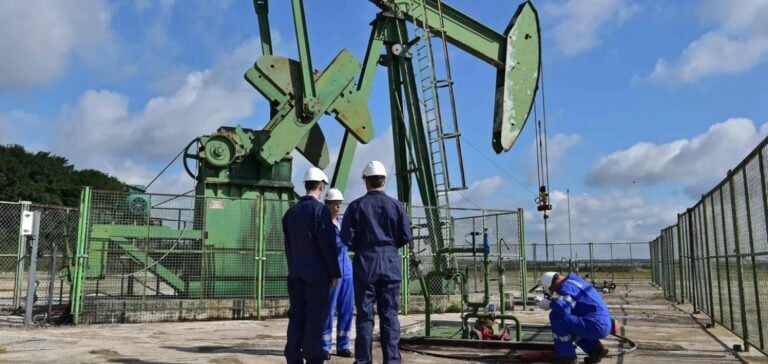Canadian company Vermilion Energy Inc. has announced the sale of all its assets located in the United States for a total amount of C$120 million ($87.88 million), thereby ending its presence in this market. The transaction is expected to close in the third quarter, the company said in a statement.
Strategic refocus on Canada and Europe
The oil and natural gas producer, based in Calgary, Alberta, stated that the divestment will allow it to concentrate on its core strategic assets, primarily focused on natural gas in Canada and Europe. This step follows the 2023 sale of its East Finn assets in the U.S.
Vermilion Energy has revised its production forecast upwards for the current year, now expecting output between 117,000 and 122,000 barrels of oil equivalent per day (boepd), compared with a previous range of 84,000 to 88,000 boepd. This increase is partly due to the recent integration of newly acquired assets in Canada.
Budget cuts and debt reduction
Simultaneously, the company has reduced its 2025 capital spending plan by approximately C$100 million. The revised budget will range between C$630 million and C$660 million, due to the elimination of expenditures related to the divested assets in the United States and the Saskatchewan province.
Vermilion expects to close 2025 with net debt of C$1.3 billion. This deleveraging strategy comes as average natural gas prices have rebounded, supported by stronger demand from liquefied natural gas (LNG) export infrastructure and supply concerns.
Strategic acquisition in the Deep Basin
Earlier this year, Vermilion Energy acquired privately held company Westbrick Energy for C$1.075 billion, strengthening its position in the Deep Basin region of Alberta. The acquisition aligns with the group’s objective to consolidate its footprint in high-gas-concentration strategic zones.
According to market data, natural gas prices reached a two-year high on March 10, driven by favourable export conditions and supply security concerns. This market dynamic could continue to influence the company’s investment strategy in the coming months.






















